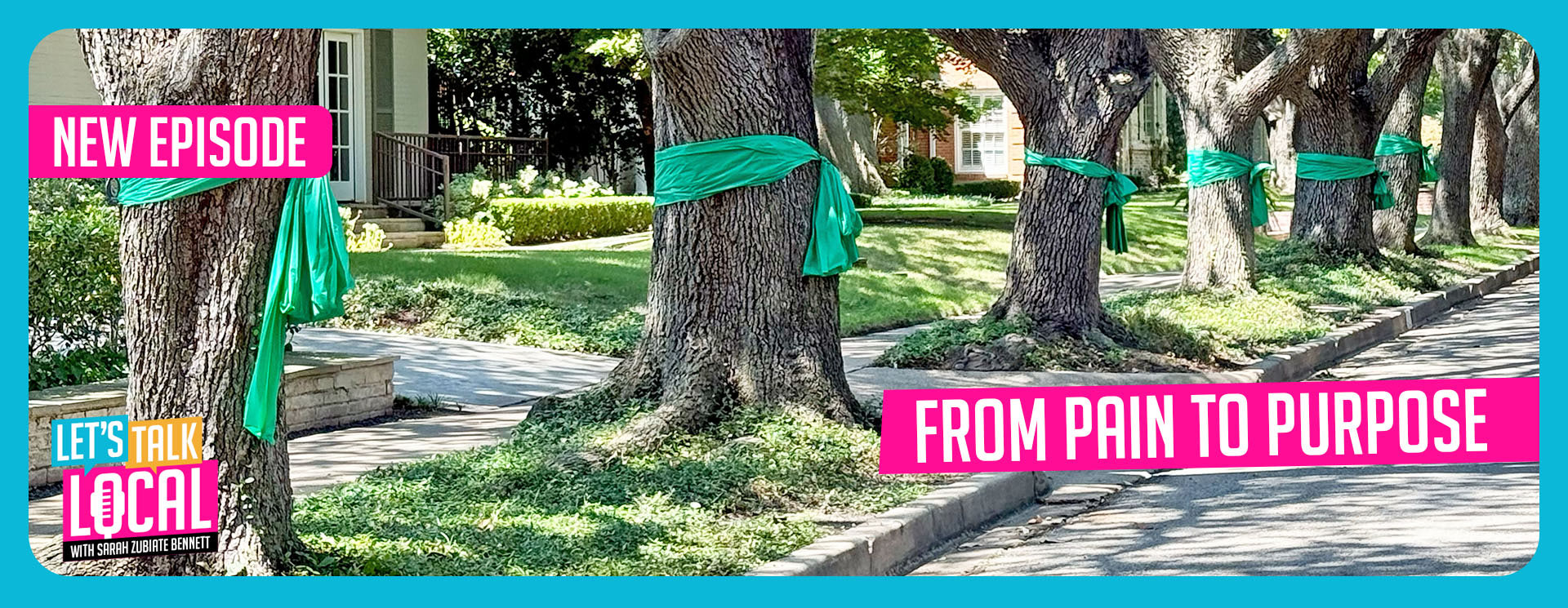Crime rates are climbing throughout the U.S., yet the issue of ongoing violence and crime has remained on the back burner for most people.
A January 2022 Gallup poll showed that Americans think crime has risen more nationally than at any point since the early 1990s. But a closer look at the data reveals that, despite this, just 2% of respondents said that crime or violence is right now the most critical problem facing the nation.
Ten issues ranked higher than violence and crime in the eyes of the U.S. public. Some are considerably higher such as the coronavirus (20%) or the economy (22%).
The question of who or what is to blame for the rising crime figures is difficult to answer. However, a January 2021 Fox poll showed that the majority believe Republicans do a better job of fighting crime by a 15-point margin.
A December ABC News/Ipsos poll showed that President Joe Biden’s approval rating on crime was 36%, a low for his entire presidency. It also marks a big swing from late 2020, when Biden held a one-point advantage over then-President Donald Trump on who was more trusted on crime.
Additionally, in a December CNN/SSRS poll, 76% of Americans indicated that the federal government is not doing enough to address the rate of violent crime.
The homicide rate hit its highest level in decades in 2020, with 21,500 murders reported. That was a rate of 6.5 homicides for every 100,000 people in the U.S., the highest level since the 1990s.
One area where crime is rising significantly is in New York City. Murders went up 52% in the city from 2019 to 2021, while shootings were up 104% and car theft by 91%.
Crime is also spiking on the West Coast in cities such as San Francisco and Los Angeles.
In an interview with Fox News Digital, Manhattan Institute senior fellow Jason Riley said that the Democratic Party’s rhetoric may be to blame for the inaction towards addressing rising crime.
“It’s about power. And the Democratic Party gets a lot of mileage out of blaming problems in the Black community on White people. And Black activists, that’s how they stay relevant, it’s how they raise money — by blaming the problems of Blacks on Whites. This is how politicians and liberal politicians, progressive politicians, get elected and scare people to the polls by blaming black problems on white people,” Riley said.
Riley explained that the dominant narrative regarding crimes involving black people is to look at the impact of white politicians on communities. He suggested that the Black Lives Matter narrative dominates the media and does not allow for an in-depth discussion on the reasons behind violent crime.
Riley added that despite polls showing that Black Americans want more police in their communities, Democrats and the media push a narrative that focuses on what Black Lives Matter activists and members of the Congressional Black Caucus say.
“There’s a racial spoil system in place. You can make a very good living blaming all of black people’s problems on white racism. It’s very lucrative,” he said.
President Biden appears to know the issue of crime is hurting him politically. He has proposed an increase in funding for federal law enforcement to combat violent crime. The proposal signals a break from the “Defund the Police” movement that some have attached to the Democratic party.
Biden signaled his position against defunding the police during his State of the Union address to support from lawmakers on both sides of the aisle.
“We should all agree: The answer is not to defund the police. The answer is to fund the police,” the president said.
Other experts believe the rise in crime in recent years may be due to the economic turmoil caused by the COVID-19 pandemic.
“Stressors — such as unemployment, isolation, and uncertainty about the future — can lead to increased frustration and anger,” Justin Nix, an associate professor of criminology and criminal justice at the University of Nebraska, Omaha, wrote in an Op-Ed published in The Conversation.
“People experiencing these negative emotions are more prone to turn to crime when they lack access to more positive coping mechanisms. And previous research has shown how financial stressors and a lack of social support work together to influence the overall homicide rate.”


